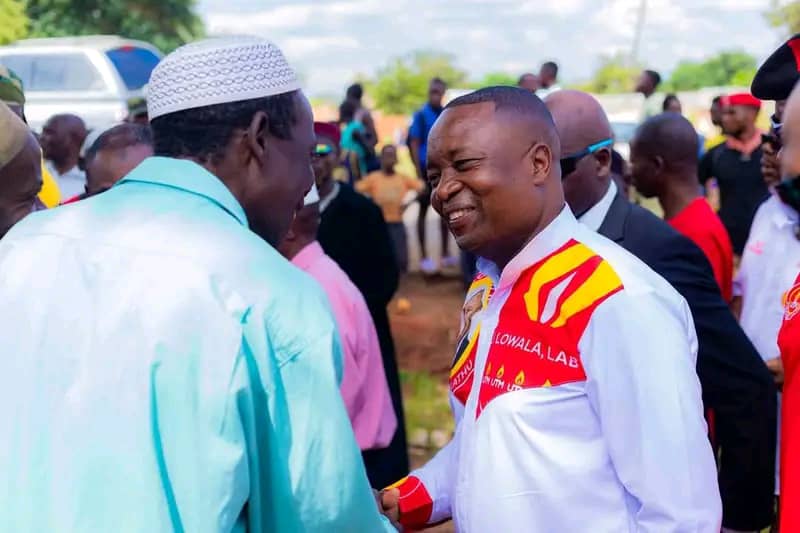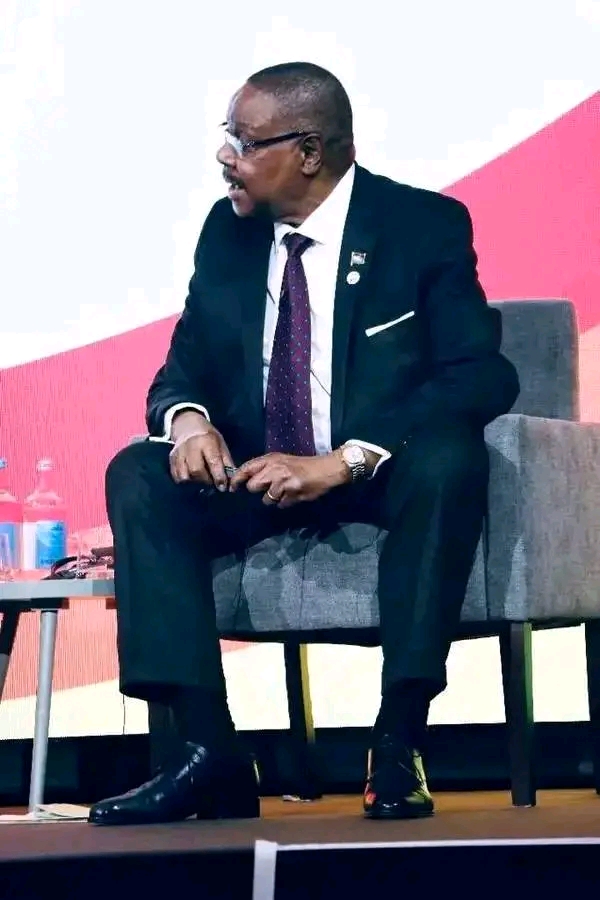By Burnett Munthali
There is an undeniable truth in leadership: when only a few celebrate you while the majority complain, it is time to evaluate your actions. This sentiment has surfaced among critics of Chawezi Banda, the Media Spokesperson for the Malawi Congress Party (MCP).
Banda, a vocal supporter of President Lazarus Chakwera and the MCP’s economic policies, has often appeared on television to praise the government’s performance. However, many Malawians have taken issue with his remarks, accusing him of being out of touch with the realities faced by the masses.
Chawezi Banda’s unwavering praise of MCP economic policies has drawn accusations of bias and insensitivity. Critics have described him as self-centered and unwilling to address the struggles of ordinary Malawians. His comments, they argue, often paint an overly optimistic picture of the economy that contrasts sharply with the hardships on the ground.
Some observers have gone further, labeling Banda as economically illiterate. They claim that his statements lack substance and fail to address the nuances of Malawi’s economic challenges. This has led many to dismiss his commentary as disconnected rhetoric that does little to inspire confidence among citizens.
The backlash against Banda highlights a broader frustration among Malawians who feel that government officials are more focused on public relations than addressing pressing issues. Critics argue that Banda’s approach exemplifies a growing divide between the government and the people it serves.
As the face of the MCP on media platforms, Banda has a responsibility to represent not just the party but the concerns of the public. A spokesperson who fails to resonate with the majority risks undermining their credibility and the trust placed in their leadership.
While Banda may believe his defense of MCP policies reflects loyalty, the growing criticism suggests a need for introspection. Bridging the gap between party achievements and public perception requires more than optimistic declarations; it demands an honest acknowledgment of challenges and a commitment to addressing them.
In the end, the role of a spokesperson is not just to praise but to connect, inspire, and advocate for all. Perhaps it is time for Banda to recalibrate his approach and engage more meaningfully with the voices of the majority.




